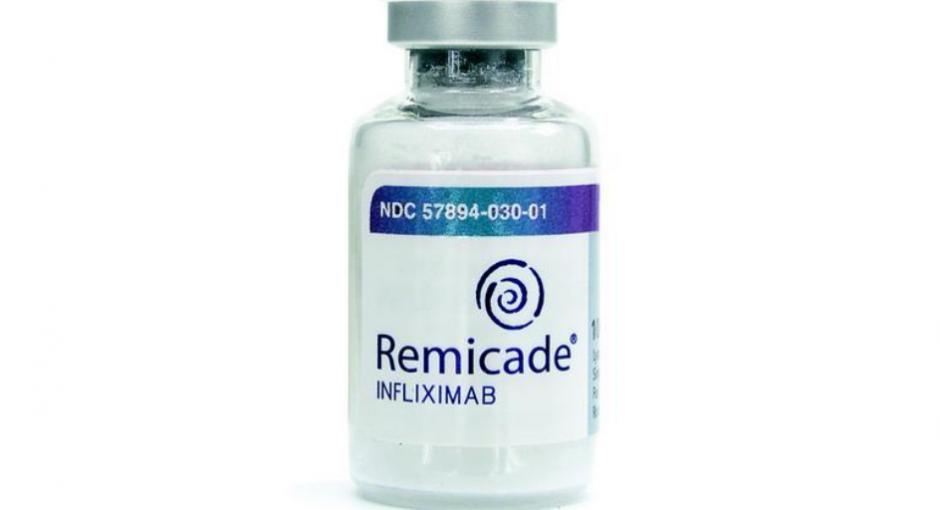Drug manufacturer Johnson & Johnson’s decision to end voluntary 340B drug discounts on orphan drugs to more than 1,000 rural hospitals at the end of this year “will make it even harder for patients to access drugs they desperately need,” U.S. Rep. Peter Welch (D-Vt.) said yesterday.
Welch serves on the U.S. House Energy and Commerce Committee which has jurisdiction over the 340B program. He has been a long-time advocate for 340B providers and has co-sponsored bipartisan legislation since 2016 to require drug manufacturers to offer 340B pricing on orphan drugs when the medicines are used for common conditions.
He has also played a key role in crafting and negotiating the drug pricing provisions in President Biden’s Build Back Better legislation which passed the House last month and is currently being debated in the Senate. Welch recently announced he will be running for the U.S. Senate to replace Senator Patrick Leahy (D-Vt.) who is retiring next year.
J&J announced the policy change on Nov. 22, two days before Thanksgiving. Its decision went mainly unnoticed until the end of last week.
J&J’s new policy covers some of its most expensive products, including Remicade, Stelara, and Simponi. The move could be a blow to many rural hospitals, many of which are struggling financially. The COVID-19 pandemic response has made many rural hospitals’ financial situation worse.
J&J is acting within its rights under federal law, the U.S. Health and Human Services Department (HHS) says.
“We understand that J&J was voluntarily providing the 340B discounts on orphan drugs to certain types of hospitals in the past,” the U.S. Health Resources and Services Administration (HRSA) said yesterday. “However, per the statute, manufacturers are not required to provide orphan drugs under the 340B program to these specific hospitals. Manufacturers may, at their sole discretion, offer discounts on orphan drugs to these hospitals and many are doing so at this time.”
The Affordable Care Act of 2010 extended 340B eligibility to critical access hospitals (CAHs), sole community hospitals (SCHs), rural referral centers (RRCs), and free-standing cancer hospitals. More than 1,000 rural hospitals have enrolled. (There are about a dozen free-standing cancer hospitals. Only three are in 340B now.)
A surprise change to the ACA less than a week after it became law deprived the newly eligible hospitals of 340B pricing on drugs with an orphan designation. There are about 5,100 such drugs, including many of the most expensive one on the market.
As HRSA pointed out, many manufacturers have voluntarily continued to offer 340B pricing on their orphan drugs to the rural and cancer hospitals. There is no known authoritative list of these manufacturers.
Amgen, which recently became the 10th drug company to announce conditions on 340B pricing when contract pharmacies dispense medicines to patients, ended voluntary 340B pricing on orphan-designated drugs effective Jan. 1, 2021.
There is concern that J&J’s move could cause other manufacturers to rethink their policies.
The National Rural Health Association (NRHA) said yesterday it “continues to advocate for swift passage” of Reps. Welch and David McKinley’s (R-W.Va.) bipartisan bill to require drug makers to offer 340B pricing on orphan drugs when the medicines are used for common conditions. “The McKinley-Welch bill will go a long way toward protecting the solvency of the program,” NRHA said.
“During a time of unprecedented challenges for our hospitals, Johnson & Johnson is up to Big Pharma’s usual tricks: pushing the price of life-saving drugs higher and passing the costs on to patients,” Welch said yesterday. By opting out of 340B pricing on orphan drugs, Johnson & Johnson will make it even harder for patients to access drugs they desperately need. The 340B program saves lives in Vermont and across the United States, providing rural and vulnerable populations access to critical health care. I will continue to fight for this life-saving program in Congress.”
NRHA said it “is troubled by the continued, unwarranted attacks by large pharmaceutical manufacturers on the lifeline program. Because of this, NRHA continues to articulate to Congress the need for sound legislative footing on the 340B drug pricing program. HHS needs the statutory authority to stop the attacks from drug manufacturers.”
J&J did not respond to requests for comment about its discontinuation of voluntary 340B pricing on orphan drugs for rural hospitals.


